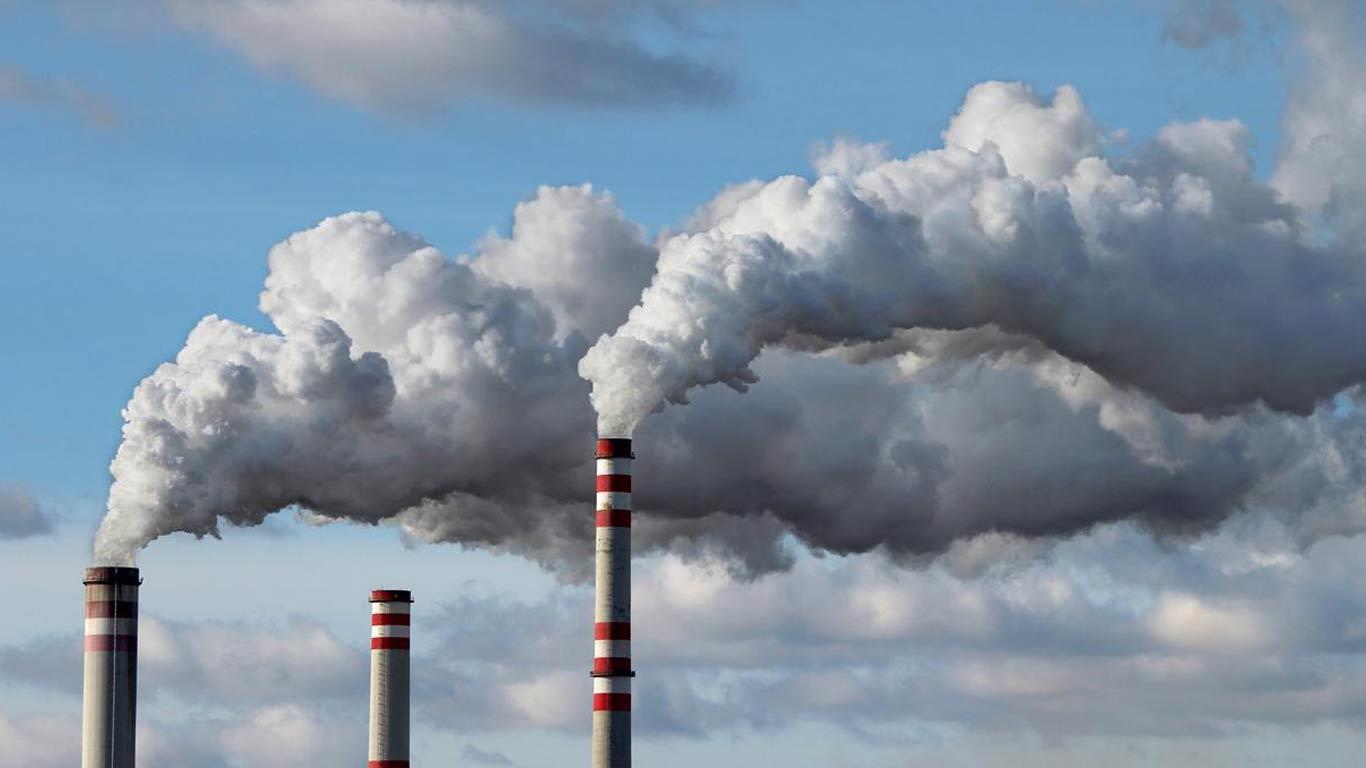
Stricter Air Pollution Rules Proposed Public Comments Invited In 60 Days
Under the proposed amendments, the government plans to appoint adjudicating officers with quasi-judicial powers in state and central environmental departments.
These officers will be tasked with conducting inquiries and issuing penalties for violations of air pollution rules. In a move aligned with the government's ease of doing business initiatives, imprisonment for first-time offenders will be replaced with monetary penalties.
The Environmental Protection Fund (EPF) will be subject to increased transparency, with the Central Pollution Control Board required to disclose fund details annually. This change is expected to promote accountability in the management and utilisation of environmental funds.
Industries such as manufacturing, textiles, and chemicals may face higher operational expenses and more rigorous monitoring under the new rules. The proposed changes are likely to increase compliance costs, particularly for smaller enterprises.
While aimed at creating a stronger deterrent against pollution, these amendments may affect the profitability of businesses across various sectors.
Environmental experts suggest that while short-term challenges exist, the long-term benefits of these amendments could drive innovation in green technologies and promote a cleaner economy.
The changes are expected to stimulate investment in cleaner technologies and sustainable practices, potentially leading to a more environmentally conscious industrial sector.
The MoEFCC has invited public comments on the draft notification within 60 days of its issue date, July 24. The amendments are expected to be enforced after this period, subject to review of feedback received.
This public consultation process allows for stakeholder input before the final implementation of the rules.
These proposals come in response to persistently poor air quality in major Indian cities. The amendments aim to address the increasing number of environmental cases filed under various acts, as reported by the National Crime Records Bureau.
The government positions these changes as necessary for better environmental outcomes and enforcement of existing laws.
However, some industry representatives express concerns about potential difficulties, particularly for MSMEs.
They argue that the amendments could create confusion and potentially lead to advantages for implementing officials, causing more challenges for smaller businesses.
The proposed amendments represent a significant shift in India's approach to environmental regulation, balancing the need for industrial growth with stricter pollution control measures.
The effectiveness of these changes will depend on their implementation and the capacity of regulatory bodies to enforce them consistently.
As India continues to grapple with environmental challenges, these new rules could play a crucial role in shaping the country's environmental and industrial landscape in the years to come.
(KNN Bureau)
Legal Disclaimer:
MENAFN provides the
information “as is” without warranty of any kind. We do not accept
any responsibility or liability for the accuracy, content, images,
videos, licenses, completeness, legality, or reliability of the information
contained in this article. If you have any complaints or copyright
issues related to this article, kindly contact the provider above.


















Comments
No comment